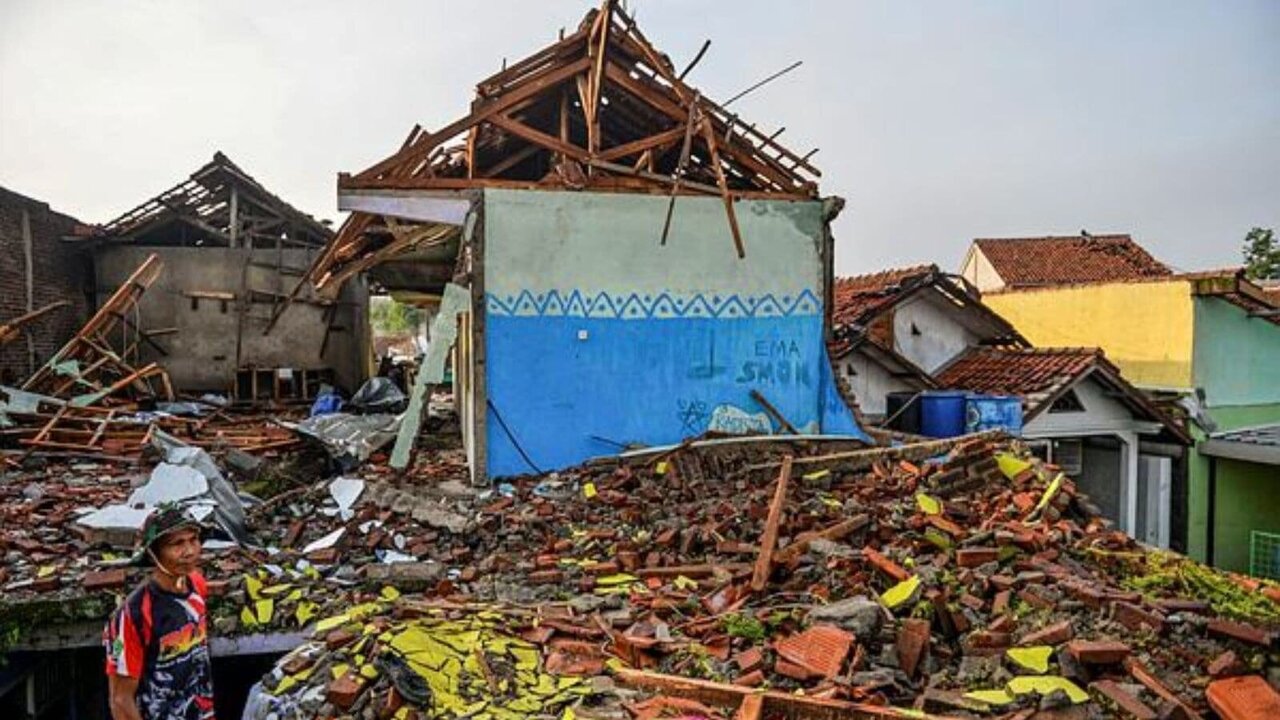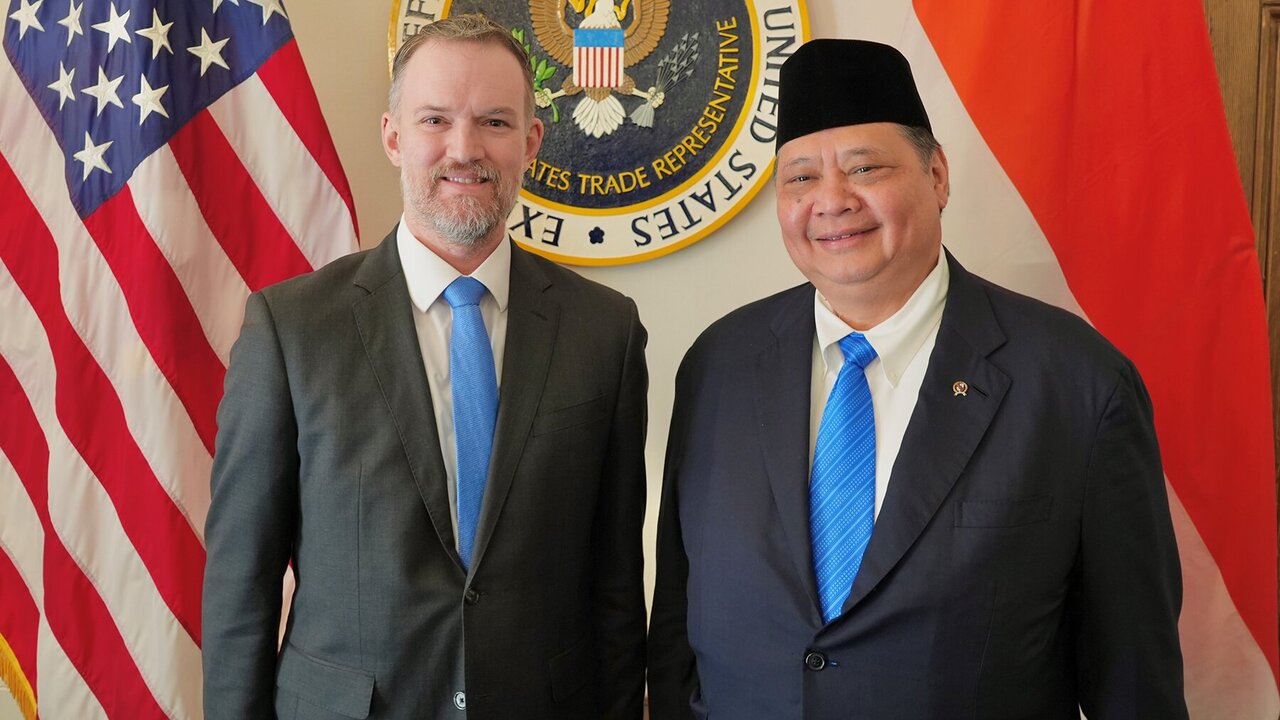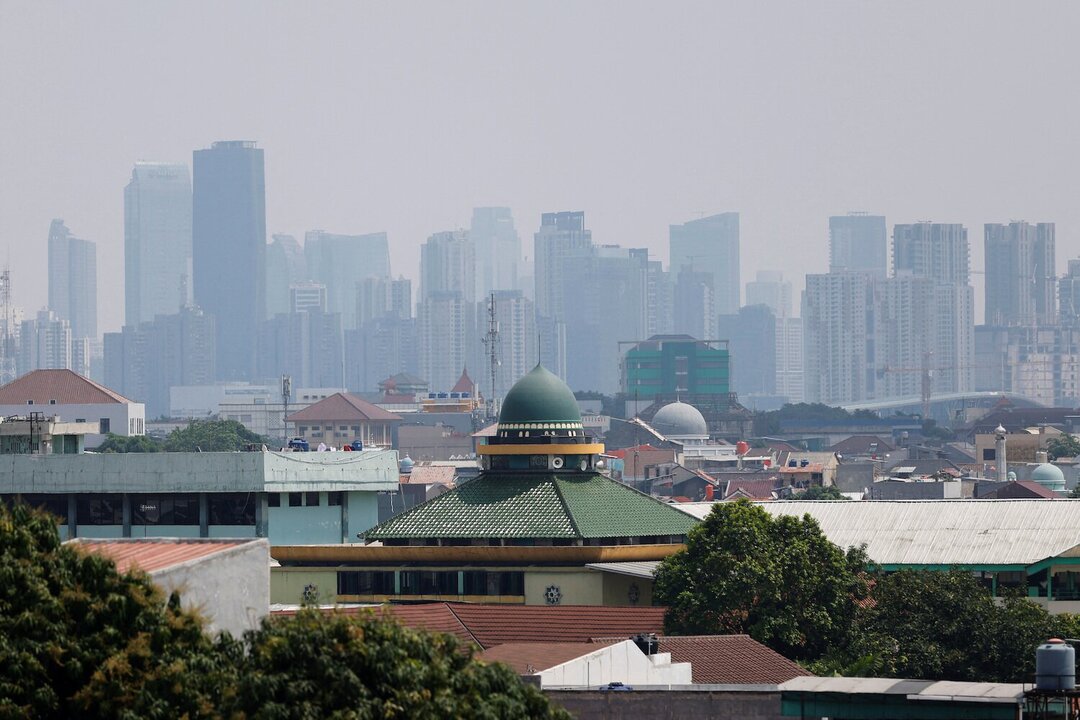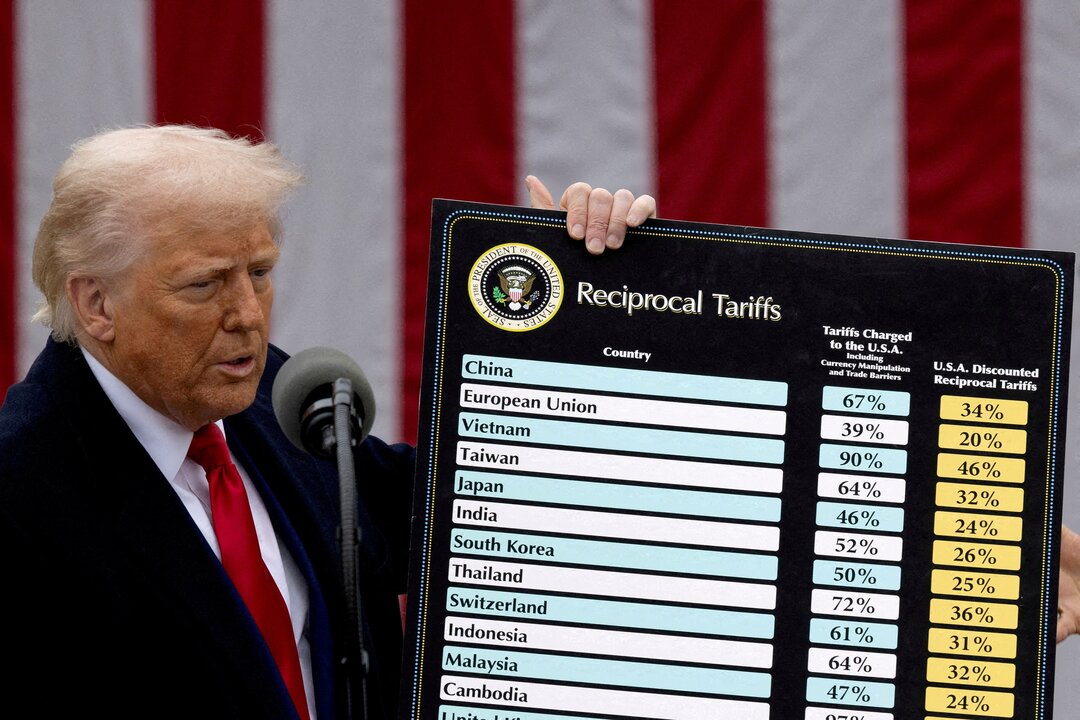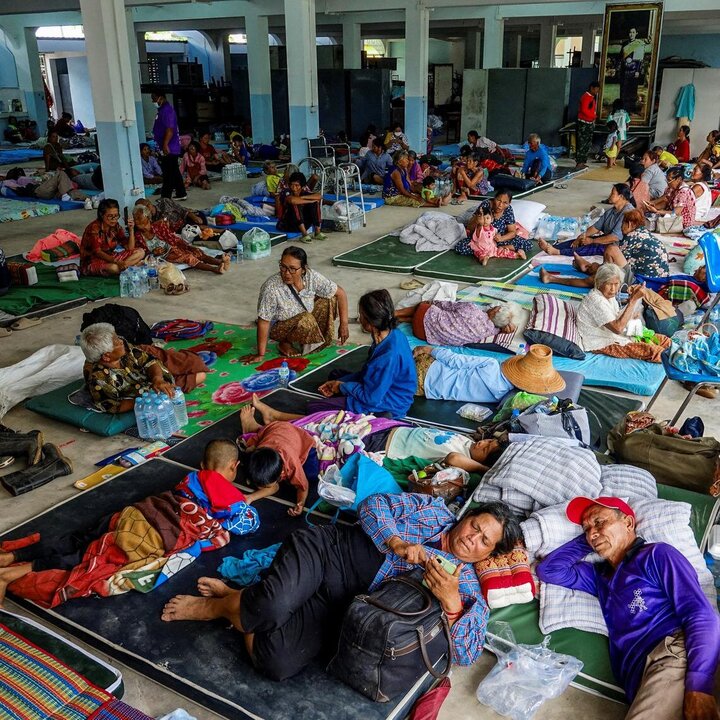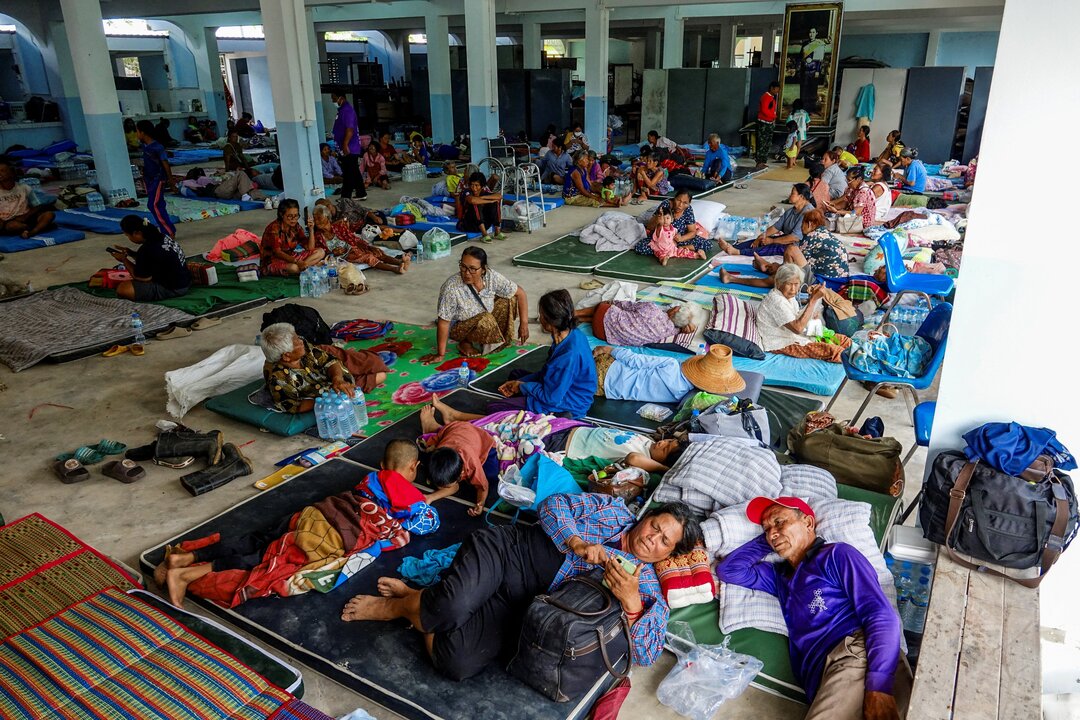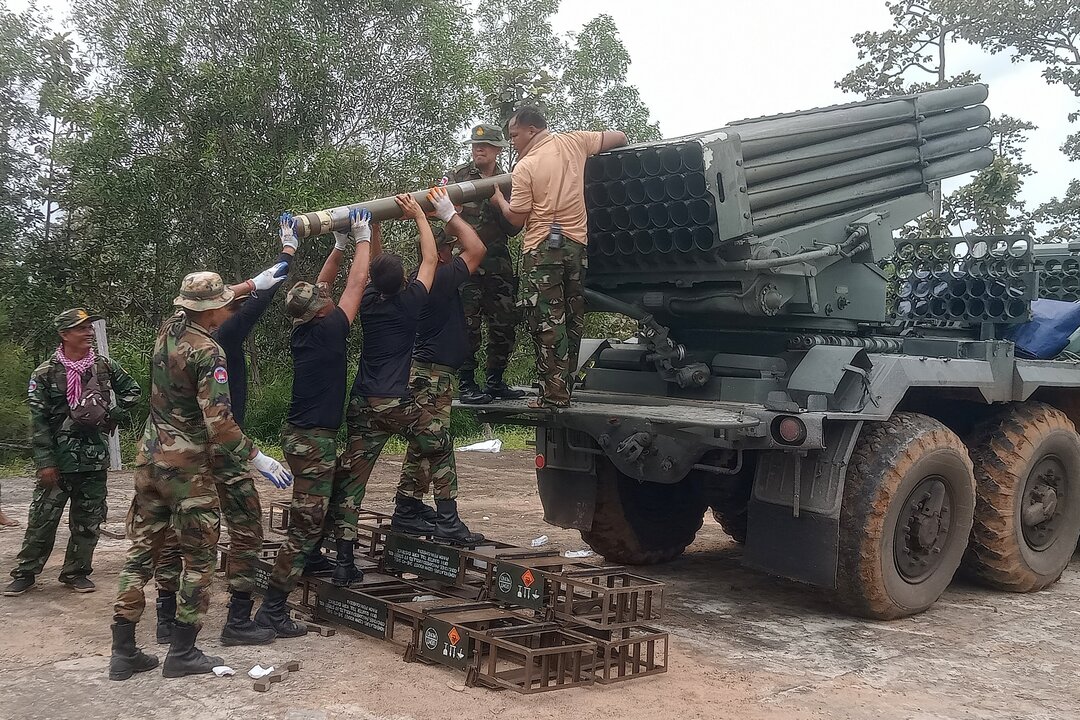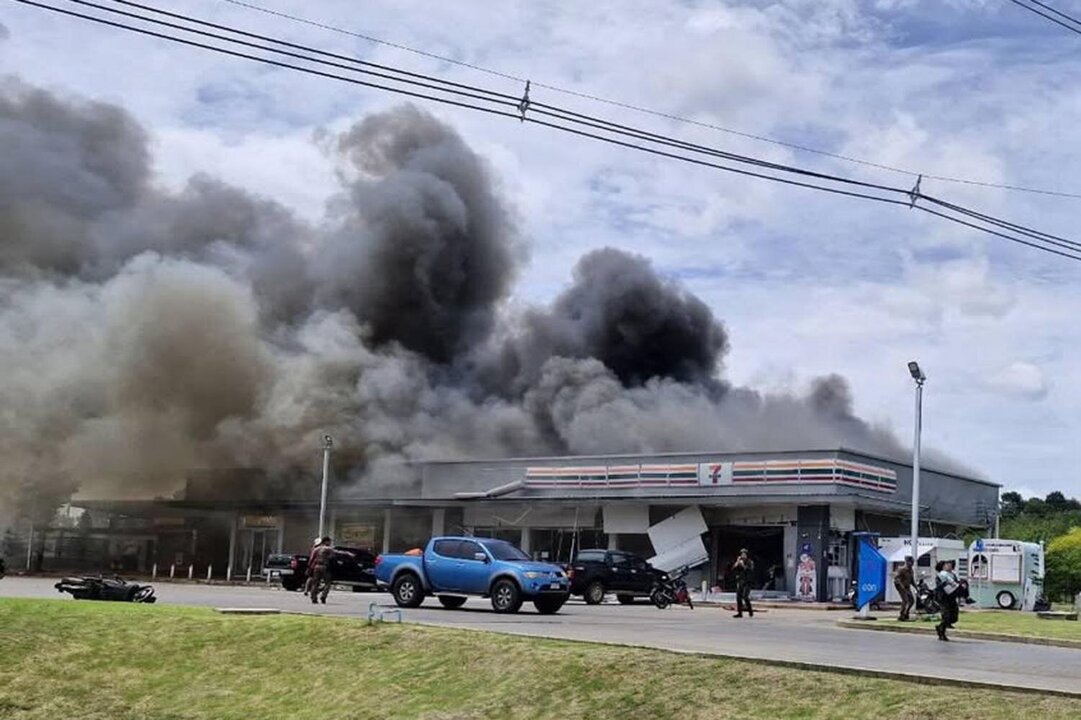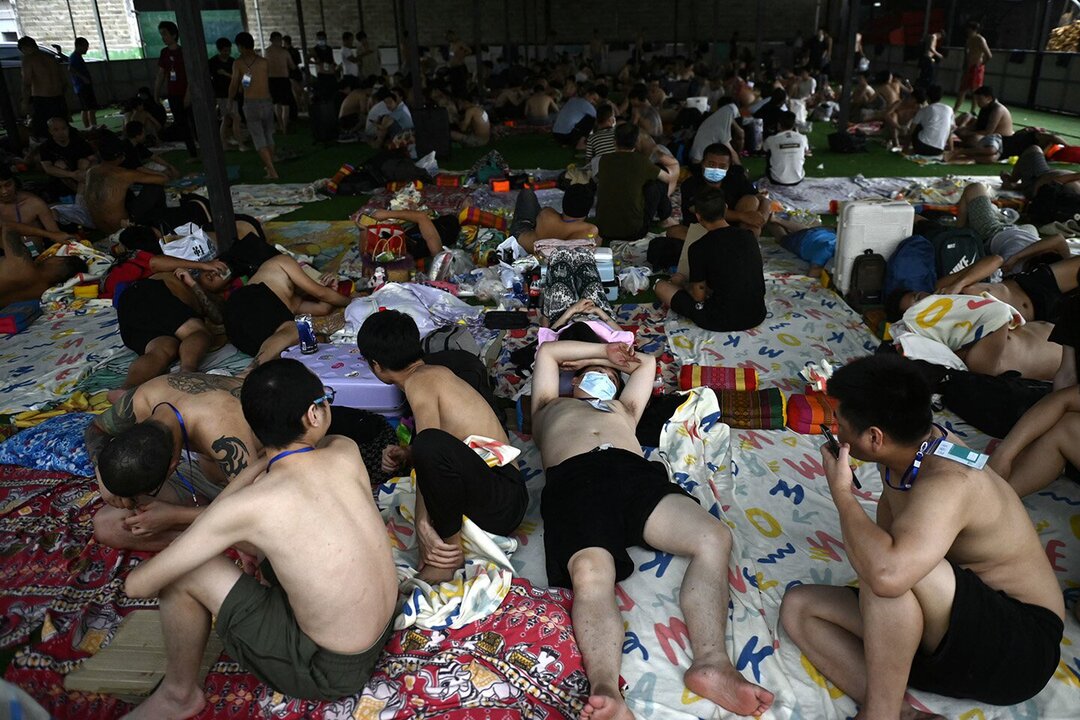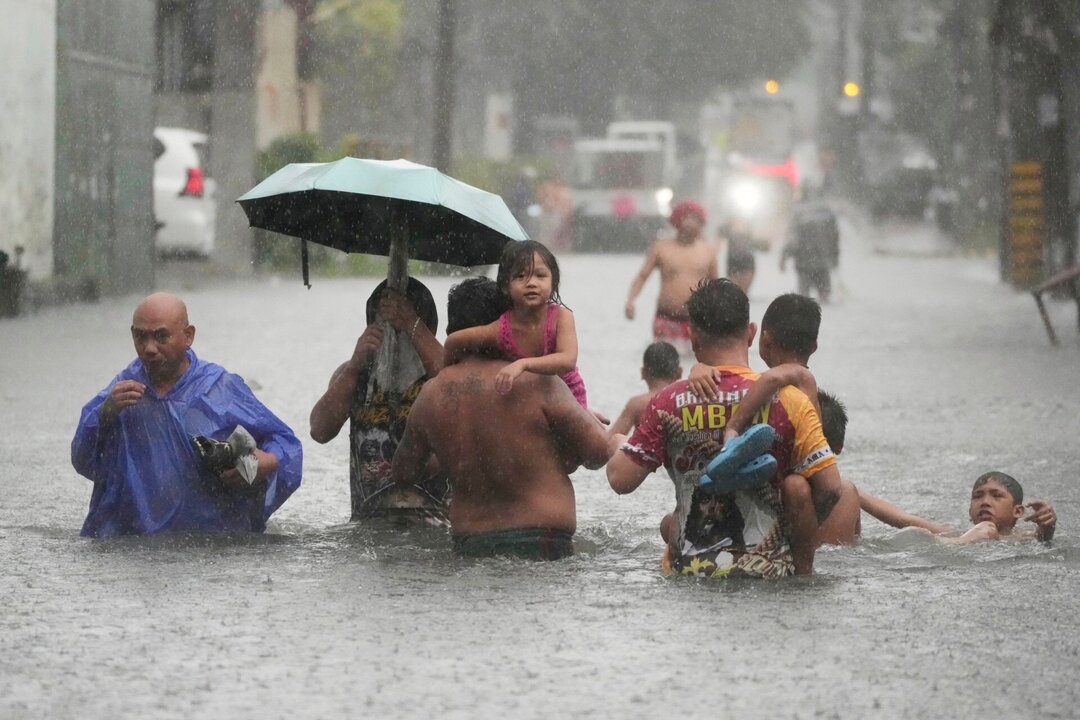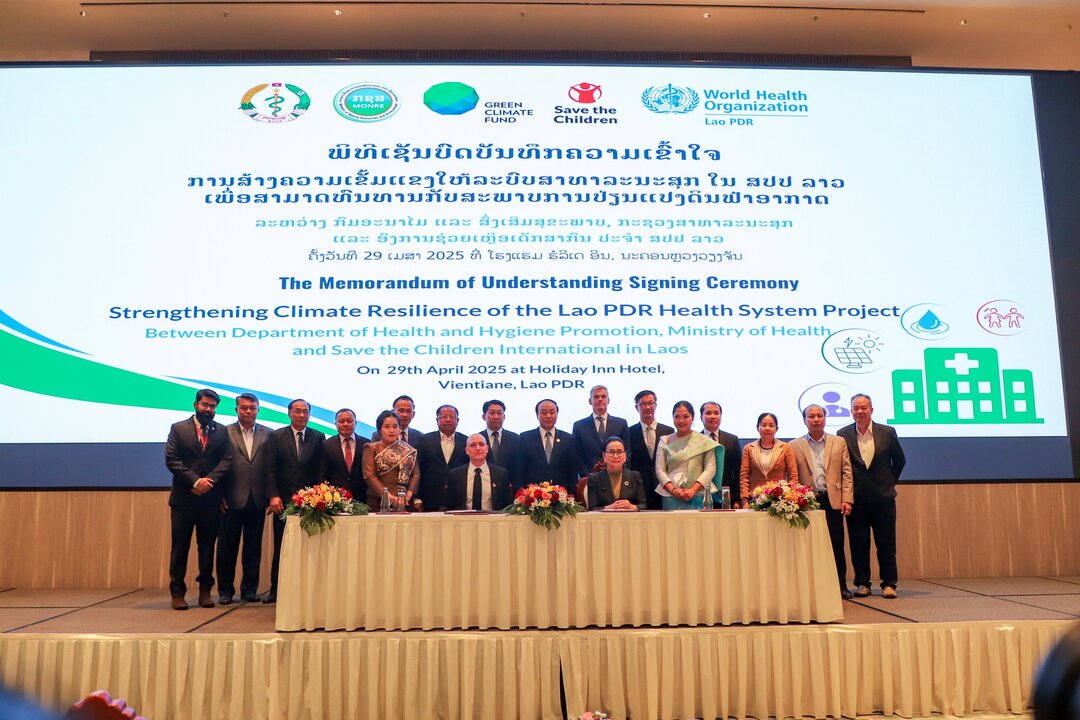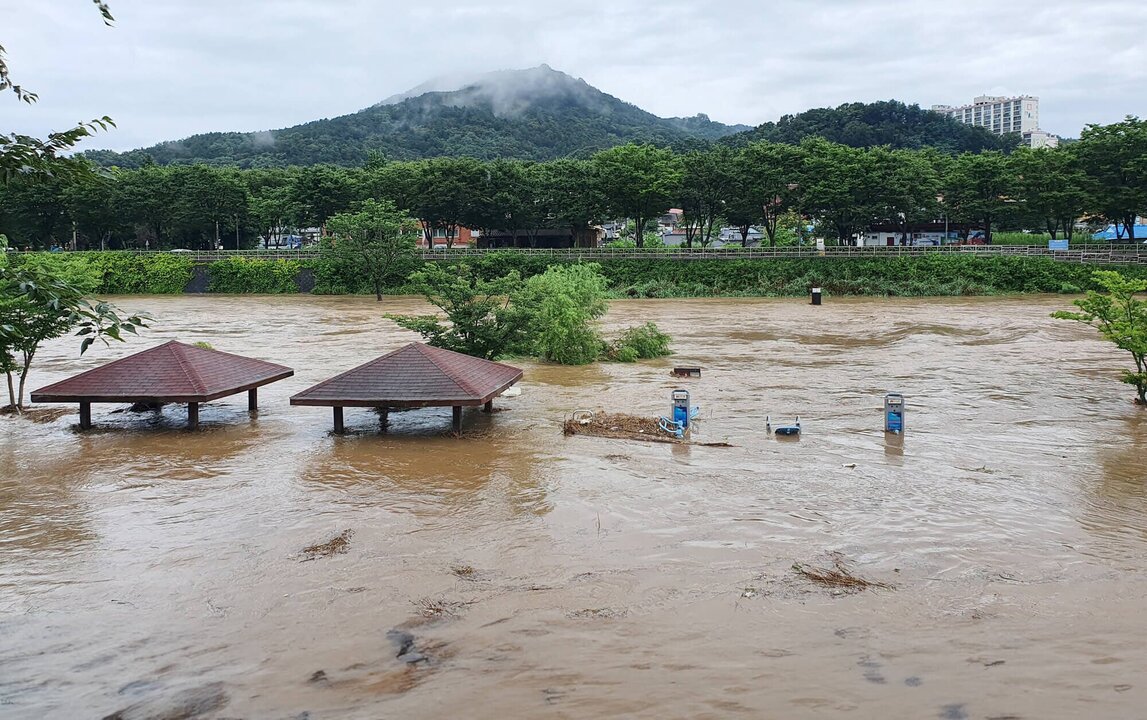Karen National Army shelters 216 rescued nationals while Thailand cuts utilities to Myanmar scam hubs and Cambodia reports over two thousand arrests
More than two hundred foreign nationals rescued from cyber scam centres in eastern Myanmar remain stranded along the country’s border with Thailand, according to the Karen National Army, which is overseeing their repatriation.
The group reported that it is currently housing two hundred sixteen people, including citizens of Vietnam, China, the Philippines, and Indonesia, and is providing food, medical care, and prenatal support.
The Karen National Army, previously known as the Karen Border Guard Force, has stated it has repatriated over eight thousand foreign nationals in recent months following operations in and around Myawaddy.
Thai authorities have cut electricity, internet, and fuel supplies to five Myanmar border areas, including Myawaddy, since February to disrupt scam syndicates.
Residents on the Myanmar side report several months without electricity supplied from Thailand, relying on generators due to unstable power from the Myanmar government.
Thailand's prime minister has said her administration is also planning to curtail electricity supplies to illegal operations in Cambodia.
Despite international crackdowns, law enforcement agencies estimate that up to one hundred thousand people may still be trapped in scam compounds along the Thai–Myanmar frontier.
A high-profile case involving the abduction of Chinese actor Wang Xing, who was kidnapped after arriving in Thailand in January and later rescued by Thai police across the border in Myanmar, has heightened global attention on the issue.
Cambodia has reported more than two thousand arrests since late June and thousands of deportations in the first half of the year linked to online scam centres.
These operations reportedly involved nationals from several Asian countries and took place across dozens of sites.
Rights organisations have previously documented forced labour, physical abuse, and restrictions on movement within the compounds.
Regional analysts and economic agencies note that criminal networks operating cyber-fraud schemes continue to exploit regulatory gaps, conflict zones, and special economic areas across Southeast Asia.
Several governments in the region are increasing coordination and verification measures in response to the growing threat of transnational organised crime.





